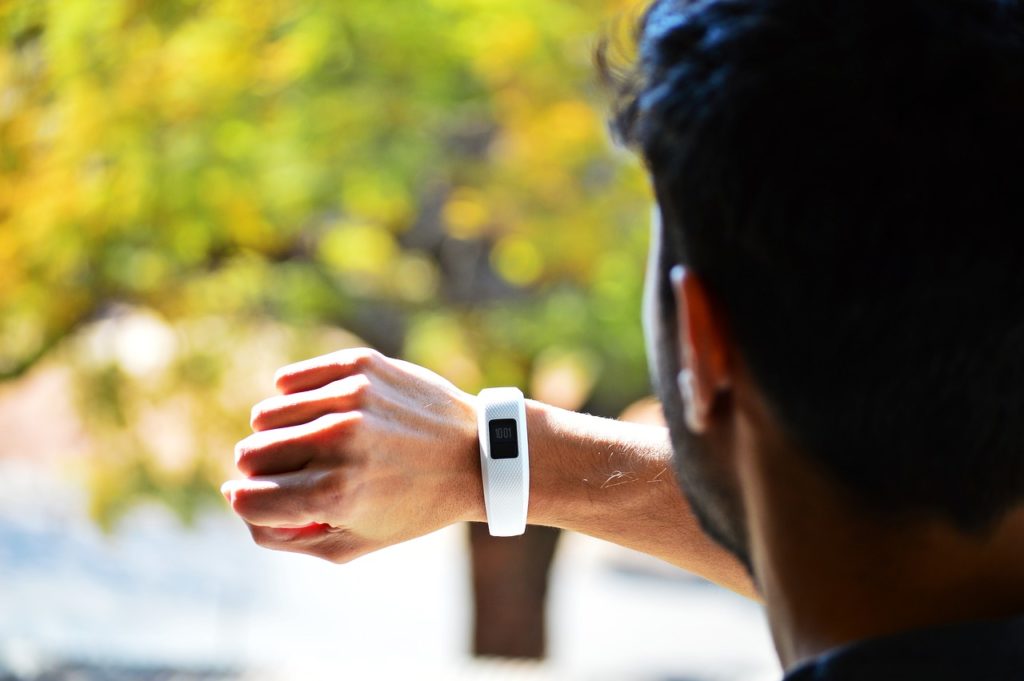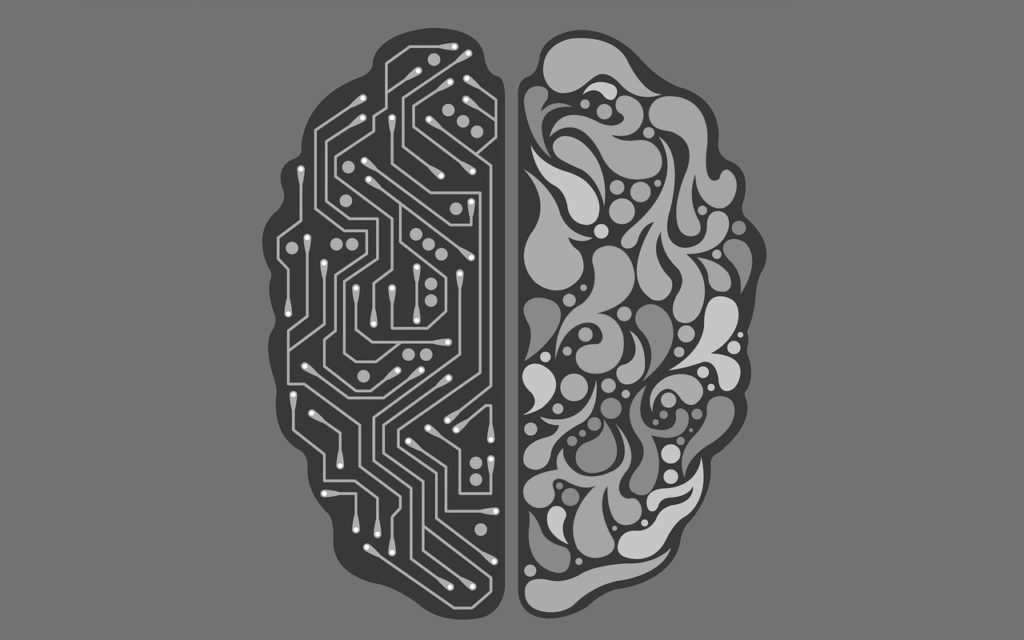Digital health is becoming a mainstay in doctor’s offices and hospitals across the world. The creation of mobile apps has given patients increased access to doctors and specialists, even in remote or underserved areas. It has improved patient autonomy, giving individuals the information and capability of making important decisions regarding their health in a new and exciting way. Now we are approaching an era where digital health can give us real-time information that can help us improve our overall health and change our daily habits for the better.
For example, fitness wearables are a mainstay, and numerous smartphones offer built-in mobile apps to monitor your everyday health, tracking things like your heart rate, diet, water intake, and activity levels.
With so many applications already such an important part of our lives, could digital health be the answer to everyday wellness?

How do we define wellness?
Before we explore digital health applications any further, perhaps we should take a moment to define wellness as it is currently understood. The National Wellness Institute promotes six separate dimensions of wellness: occupational, physical, social, intellectual, spiritual, and emotional.
In general, experts in health and wellness agree that wellness can be defined as multidimensional and holistic in nature and as a self-directed, evolving method of realizing one’s full potential in life. Achieving wellness means taking on an active process where you become more aware of your choices and actively choose to make better choices to improve your quality of life.
How do we define digital health?
Digital health, in its most basic form, is simply the integration of technology into health care. These are either technologies directed at the back end of health care, targeting doctors, nurses, and other healthcare providers (or even hospitals and clinics) by improving processes like data collection, patient access, or applications directed specifically at patients. In terms of wellness, we are focusing more on digital health as it relates directly to patients, such as mobile apps or telehealth applications.
Precision medicine and scientific wellness
The existence of artificial intelligence (AI) and fitness wearables is indisputable; they’re out there, and patients are using them. Now it’s a matter of using these tools to improve precision in medicine. Precision medicine is the practice of personalizing and customizing health care to the individual patient, including everything from medical treatments and practices to products and decisions. It is most commonly seen in cancer treatment right now, where doctors use genetic information about the specific disease to select tailored treatments that are most likely to help the individual patient.

Precision medicine has applications well beyond oncology, however. Its greatest use may be in the prevention of diseases. That’s where scientific wellness comes in.
Scientific wellness is an approach that includes improving health, reducing costs, reversing disease transitions, and helping create personalized treatments for patients. For example, with Alzheimer’s disease, doctors can access data clouds for patients and computer-aided diagnostic techniques to look for the earliest signs of cognitive decline. These signs can be seen up to 10 years earlier than current diagnoses.
Optimizing personal health
Ultimately, scientific wellness can help equip patients with information to enable them to improve their personal health by modifying behaviors. Fitness wearables can now provide users with a huge overview of their activity, allowing them to gain deeper insights into their behavior and how it might be affecting their health. Many fitness wearables and even smartphone apps like Samsung Health offer customized wellness plans featuring activity goals, diet monitoring, and tools to track your water intake. Sleep trackers are also widely available, and some are integrated with these fitness wearables already.
Measuring and recording personal health data gives you important knowledge about yourself that can be quantified in numbers. You can track how you feel against how much you slept, what you ate that day, and how much water you drank, and you can also watch for how changes affect your overall health. Many apps also offer ways to monitor your mental health and offer suggestions and programs to follow. While there are countless meditation apps, many modern health apps also offer breathing exercises and stress measurement, making it easier to manage your mental health right alongside the physical.
Seeing a psychologist can often be an expensive, time-consuming undertaking for patients. But with the advent of digital health, it’s now possible to see a therapist on the go via messaging, phone, or video chat. This supplement to in-person therapy has increased the accessibility of mental health services exponentially and could have real potential as a successful alternative or complementary treatment.
Holistic wellness via technology
Overall, the implications of tracking patient information through fitness wearables and smartphone apps do seem to have exciting applications in the world of digital health. These wellness apps offer patients an opportunity to self-guide care and track changes they are making in their routines. Armed with this extra information, it’s possible that seeing a doctor in person could be made even more effective. Digital health might be a real answer to improving overall patient health and wellness.

